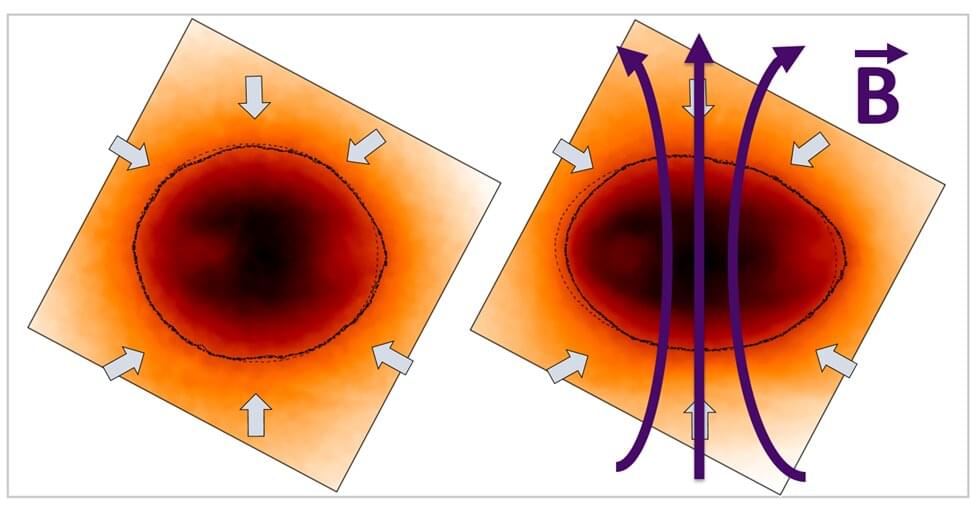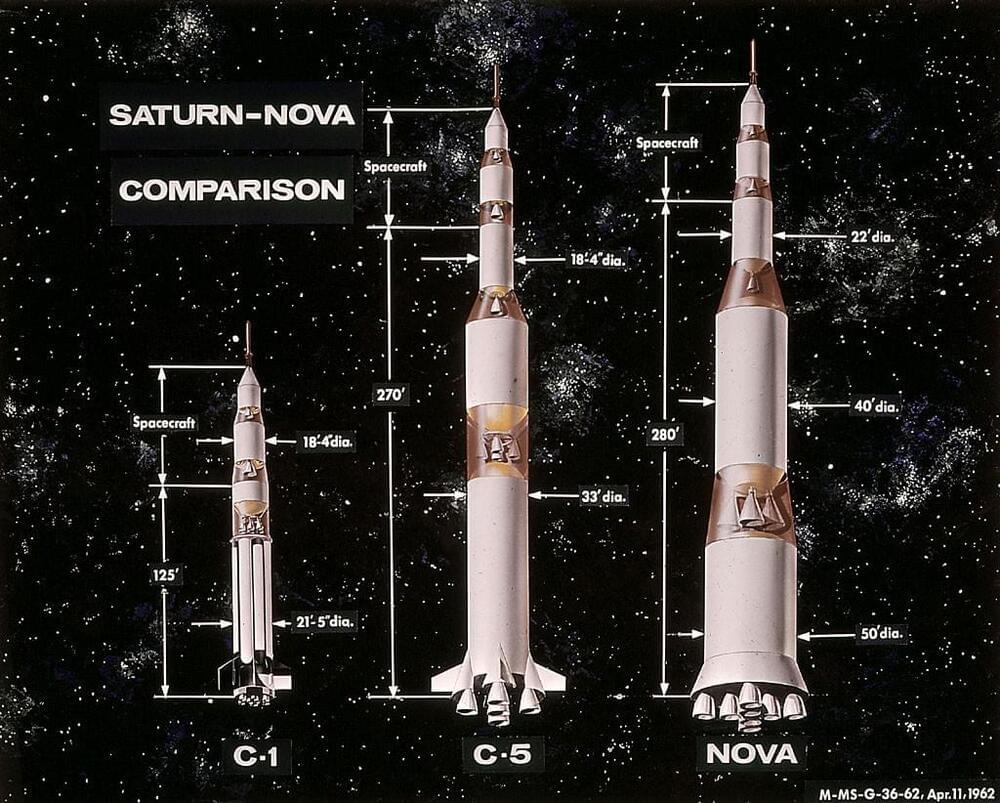DARPA’s DRACO Nuclear Powered spaceship is a potential game changer. Lean how and why the Space Force and NASA may use Nuclear Thermal Rockets (NTRs). Will it revolutionize space for better or for worse? Please Subscribe to my Channel for more space news.
You can support Galactic Gregs by supporting the sister channel Green Gregs by clicking the links below:
See the Special Deals at My Patriot Supply: www.PrepWithGreg.com.
Awesome deals for long term food supplies!
For gardening in your Lunar habitat Galactic Gregs has teamed up with True Leaf Market to bring you a great selection of seed for your planting. Check it out: http://www.pntrac.com/t/TUJGRklGSkJGTU1IS0hCRkpIRk1K




